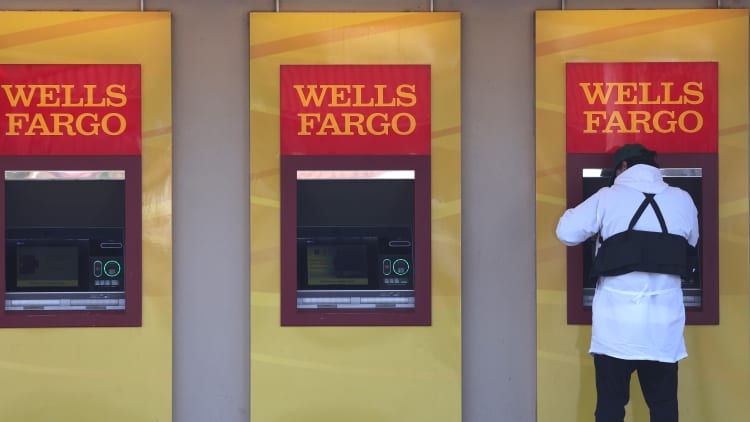
It's becoming increasingly difficult for Americans to set money aside.
Largely due to high inflation and rising interest rates, 81% of adults said they did not contribute to their emergency savings this year, and 60% also said they feel behind when it comes to building a cash cushion, according to a new Bankrate report.
"Rising prices and high household expenses have been the predominant impediments to boosting emergency savings," said Greg McBride, Bankrate's chief financial analyst.
"When expenses increase faster than income, that puts households in a bind."
More from Personal Finance:
Social Security cost-of-living adjustment will be 3.2% in 2024
Lawmakers take aim at credit card debt, interest rates, fees
Medicare open enrollment may help cut health-care costs
Up until now, most Americans have benefited from a few government-supplied safety nets, most notably the large injection of stimulus money, which left many households sitting on a stockpile of cash after 2020, according to Sung Won Sohn, professor of finance and economics at Loyola Marymount University and chief economist at SS Economics.
But that cash reserve is now largely gone after consumers gradually spent their excess savings from the Covid-19 pandemic years.
"Going forward, I am beginning to worry because savings are running out," he said.
Soaring inflation in the wake of the pandemic made it harder to make ends meet. At the same time, the Federal Reserve's most aggressive interest rate-hiking cycle in four decades made it costlier to borrow.
How to start building an emergency fund
Most financial experts recommend having at least three to six months' worth of expenses set aside, or more if you are the sole breadwinner in your family or in business for yourself.
To improve your cash cushion, "you've got to do what works for you," McBride said.
"Cutting household expenses in a meaningful way may not be feasible with the run-up in prices for mainstay items such as shelter, food and energy over the past couple of years."
Instead, "consider tapping into the tight labor market with a side hustle, freelance or contract work, or even taking on a second job for a period of time in order to make headway on boosting savings," McBride said.
Subscribe to CNBC on YouTube.
Don't miss these CNBC PRO stories:
- Want to retire in 5 years? Here's how to invest for it, according to the pros
- Morgan Stanley says the average stock is breaking down, S&P 500 to fall to 3,900 by year-end
- This highly profitable industry is booming as the population ages
- This chip stock is getting a ton of love from Wall Street, and it's not Nvidia


